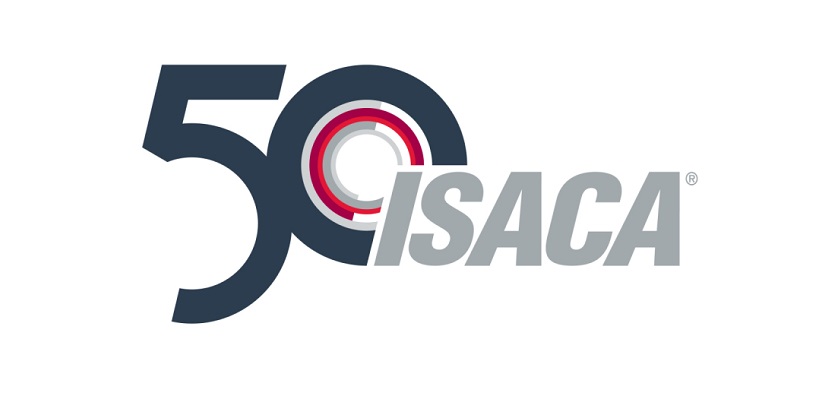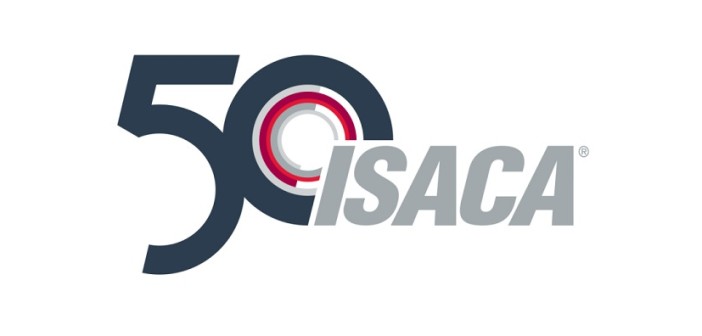
ISACA marks 50th anniversary by surveying 5,000+ tech pros on the next decade of tech
The evolving relationship between artificial intelligence, automation and humans is expected to create promising opportunities in the tech workforce while simultaneously presenting sobering concerns for the general public, according to new ISACA research sizing up the tech landscape of the 2020s.
ISACA’s Next Decade of Tech: Envisioning the 2020s survey of more than 5,000 business technology professionals comes during ISACA’s 50th anniversary year as the global professional association continues its longstanding commitment to helping its members navigate the future of technology. The research shows that respondents are significantly more optimistic about how technology advancements in the new decade will impact their career than they are about how it will impact society as a whole. Fifty-nine per cent express optimism for the career ramifications compared to only 40% who are similarly upbeat about the overall societal impact.
From a workplace standpoint, respondents are optimistic that technological sea changes will both position their organisations for success and bolster their pay:
- Nearly 9 in 10 respondents (87%) say AI/machine learning will have a major or moderate impact on enterprises’ profitability.
- Fifty-eight per cent expect that the evolving technology landscape will result in pay increases for tech professionals.
The nature of most technology roles is expected to be recalibrated by AI and increased integration of technology in the workplace, with 93% of respondents expecting an augmented workforce—or people, robots and AI working closely together—to reshape how some or most jobs are performed.
“As we look to the next decade, we need to think about how humans can work with AI and other emerging technologies to take full advantage of the potential for these technologies to improve people’s lives and enable us to work smarter and more efficiently,” said R.V. Raghu, CISA, CRISC, ISACA board director and director of Versatilist Consulting India Pvt. Ltd. “There is so much we can accomplish with humans and AI working together in a well-coordinated fashion, but it will be critically important that technology professionals build in the needed governance and controls for AI to be deployed as intended while limiting the related risks.”
AI’s Potential Pitfalls Counterbalance Enthusiasm
While AI/machine learning is identified as the most important enterprise technology of the next decade, followed by cloud platforms and big data, the potential downside of malicious AI attacks factors into the more pessimistic views for how society could be impacted by tech in the next decade. Only 50% of respondents think it is likely or very likely enterprises will give the ethical ramifications of AI deployments sufficient attention.
Whether through malicious or errant uses of AI, the potential consequences of misuse could be severe, with respondents indicating the highest levels of concern for AI attacks involving:
- Critical infrastructure (73%)
- Social engineering (58%)
- Autonomous weapons (56%)
- Attacks targeting the healthcare sector (56%)
- Data poisoning (55%)
 Enterprises Not Yet Adequately Prepared
Enterprises Not Yet Adequately Prepared
Respondents also are unconvinced that enterprises are adequately preparing themselves for what tech advancements in the next decade will set in motion. Eight in 10 respondents (81%) think enterprises are not yet investing adequately in the people skills needed to navigate the technology changes to come, while 70% think enterprises are underinvesting in the technology needed to retool their organisations for the 2020s.
“The pace of technology-driven change will continue to accelerate, so it’s more important than ever to be always learning,” said ISACA CEO David Samuelson. “Both as individuals and in our companies, we will need new skills and frameworks to be equipped to navigate the inevitable change ahead. As the next decade quickly approaches, our human potential, combined with these advancing technologies, will ensure an era of positive technology breakthroughs, and a future where we all thrive.”
Additional notable findings from ISACA’s Next Decade of Tech research include:
- Cybersecurity skills gap remains problematic. Only 18% of respondents expect the cybersecurity skills gap to be mostly or entirely filled in the new decade.
- Rise of digital natives will change enterprise culture. As digital natives, or those who grew up during the age of mainstream digital technology, increasingly ascend into leadership positions in their organisations, 72% of respondents expect cybersecurity will become a higher priority for enterprises while 56% say enterprises will become more proactive about deploying emerging technologies.
- Many everyday activities could be phased out. Respondents expect the technological innovations of the new decade to make several routine activities and lifestyle necessities less commonplace, including using cash (75%), physical keys (60%), physical IDs/boarding passes (58%) and going to physical office locations (58%). Respondents are more mixed about whether they will be turning over control of the steering wheel, with 48% saying it is likely or very likely that driverless cars become mainstream in their countries by the end of the decade.
- Algorithms loom large. IT audit and assurance professionals will need to become adept at assessing algorithms, with 88% of respondents anticipating that doing so will play a significant or moderate part in their job roles.
- Expectations are mixed for quantum computing. With mounting questions about the future security of internet encryption, just under half of respondents (46%) anticipate quantum computers will be able to carry out tasks that traditional digital computers cannot within five years.






